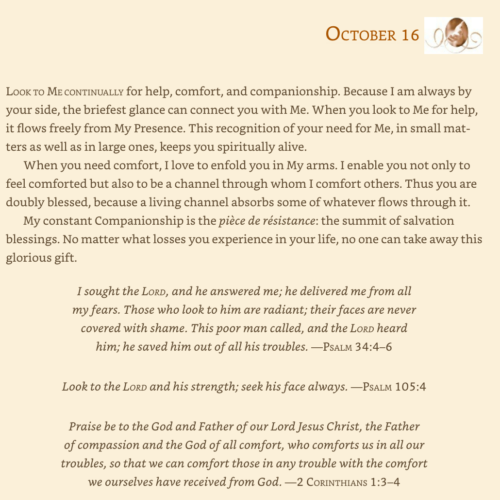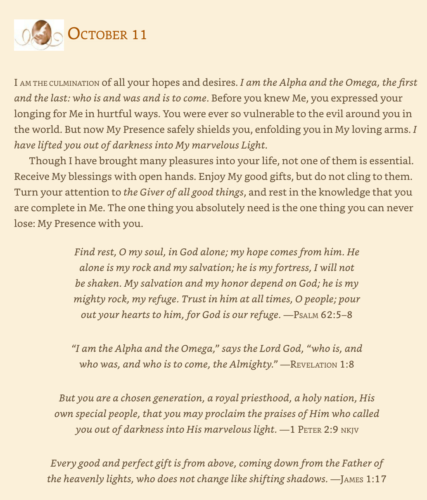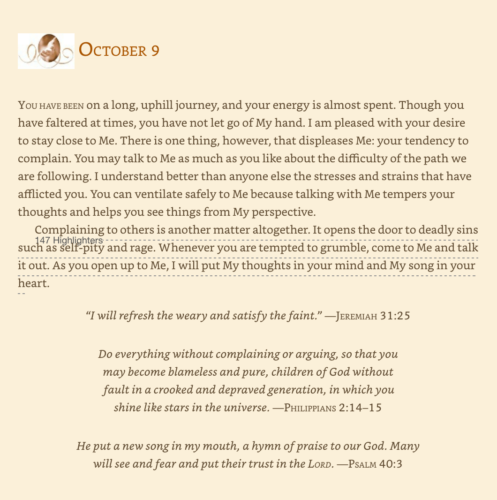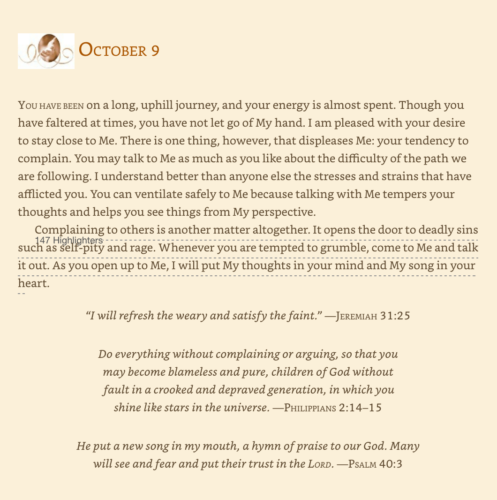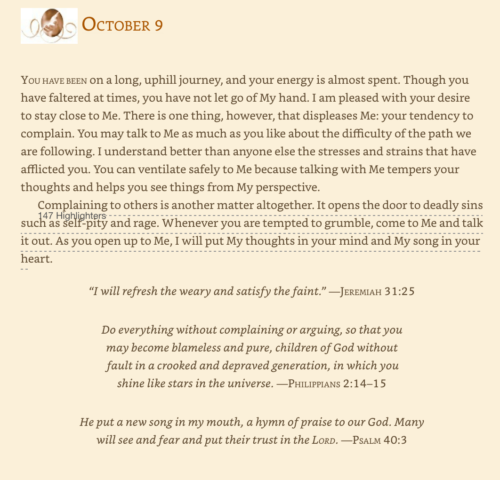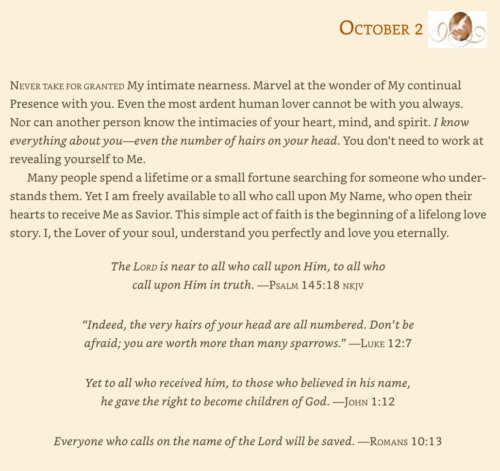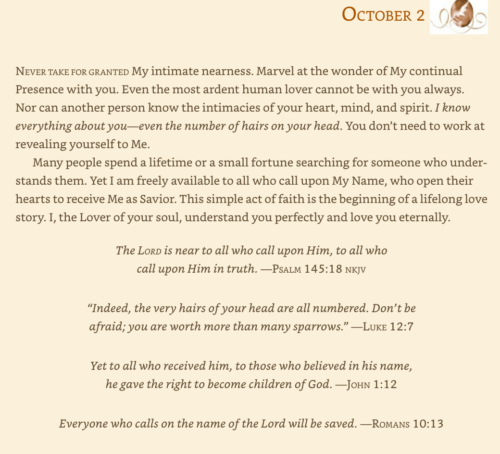Repairers of the Breach
If you remove the yoke from among you, the accusing finger, and malicious speech;
If you lavish your food on the hungry and satisfy the afflicted;
Then your light shall rise in the darkness, and your gloom shall become like midday….
“Repairer of the breach,” they shall call you,
“Restorer of ruined dwellings.” —Isaiah 58:9–10, 12
Many of the Hebrew prophets maintain a restorative vision of “repairing the breaches” in our lives and world. Father Richard writes:
Polarities, dualisms, and seeming opposites are not opposites at all but part of a hidden and rejected wholeness. The task of true religion is to rebind (in Latin, re-ligio) that which is torn apart by temperament, ignorance, and institutionalized evil. Christians are led and grounded by Jesus the Christ, “in whom all things can be held together … and in whom all things are reconciled” (Colossians 1:17, 20).
Mere information tends to break things apart into competing ideologies. Wisdom received through contemplative seeing puts things back together again. At the CAC, we have found that the most radical, political, and effective thing we can do for the world and the church is to teach contemplation: a way of seeing beyond the surface of things that moves people toward credible action.
Contemplation, in non-mystified language, is the ability to meet Reality in its most simple and direct form. When I let go of my judgments, my agenda, my emotive life, my attachment to my positive or negative self-image, I am naked, poor, and ready for The Big Truths. Without some form of contemplative surrender, I see little hope for breakthrough, for new ground, for moving beyond ideologies, the small mind, and the clutching ego. Action without contemplation is the work of hamsters and gerbils. It gets us though the day, it gives us a temporary sense of movement, but the world is not made new by spinning wheels going nowhere.
Even religion has its own equivalent of hamster spinning wheels going nowhere. Since Jeremiah’s time, we clergy have been shouting, “The sanctuary, the sanctuary, the sanctuary!” And God keeps telling us through the prophets, “Only if you amend your behavior and your actions … if you treat each other fairly, if you do not exploit the stranger, the orphan, and the widow, if you do not shed innocent blood … only then will I be with you here in this place” (see Jeremiah 7:3–7).
Contemplation without action is certainly not contemplation at all. Jesus seemed to think it might even be the greater danger: “If the light inside you is, in fact, darkness, what darkness that will be!” (Matthew 6:23). Concrete action in the world of relationships keeps us from a world of self-delusion about our own “enlightenment.”
Love and Power
Father Richard writes about how we can help mend the breach between the world as it is (power) and the world as it could be (love).
Both love and power are necessary building blocks of God’s peaceful realm on earth. Love utterly redefines the nature of power. Power without love is mere brutality (even in the church), and love without power is only the sentimentality of individual lives disconnected from the Whole. The gospel in its fullness holds love and power together, creating new hope and healing for the world. [1]
Power assumes that life is lived from the top down and from the outside in. It draws its strength from elites and enforcement. As such it is efficient, clean, practical, and works well on many short-term goals. The gospel offers us the inefficient, not-so-clean, multi-layered, long-haul way of love. Love is lived much more from the bottom up and from the inside out. It’s easy to see why even churches don’t believe in it. It does not give ego or institution any sense of control. Often it doesn’t even “work.”
Perhaps one way of stating the “spiritual emergency” that Christianity faces is that many clergy and church membership were trained from the top down and the outside in. Love was the message, but power/control was the method. Holiness was in great part defined as respect for outer mediating structures: the authorities that “knew,” the rituals that were automatic, the laws that kept you if you kept them, the Tradition that was supposed to be the unbroken consensus of many centuries and cultures. I am convinced that the best top-down Christianity can do is get us off to a good start and keep us inside the ballpark, which isn’t bad! But it is not close to satisfactory for the great struggles of faith that people today face in family, morality, and society.
The very depth and truth of the gospel has led people to a more daring and necessary conclusion: Human life is best lived from the inside out and the bottom up. Now love is both the message and the method. Somehow our experiences, our mistakes, our dead ends are not abhorrent to God but the very stuff of salvation. There is no other way to make sense of the Bible or of every human life. Are we secure enough now to admit that there is just as much truth, maybe even more, inside our own journeys and for those living on the margins? So-called “tax collectors and prostitutes are making their way into the kingdom of God before you” (Matthew 21:31). Mature Christianity is perhaps when the inside meets the outside and the bottom is allowed to teach the top.
Authentic power is the ability to act from the fullness of who I am, the capacity to establish and maintain a relationship with people and things, and the freedom to give myself away. Sounds like pure gospel to me. [2]
